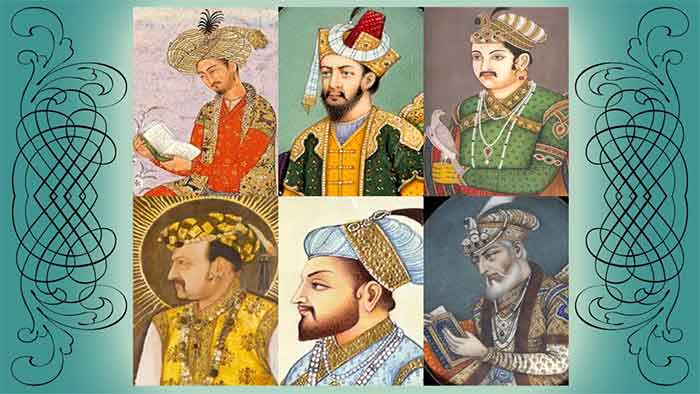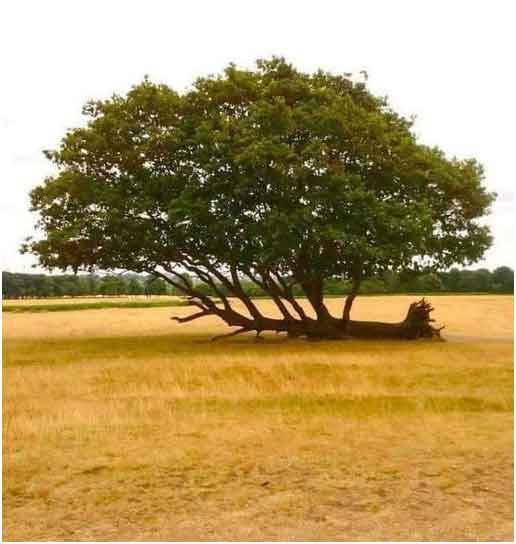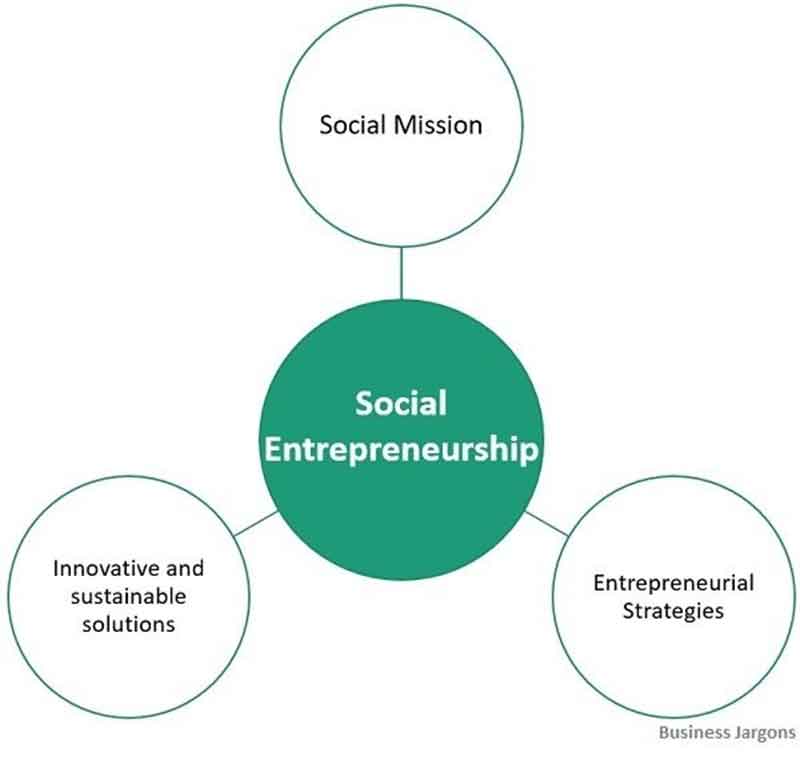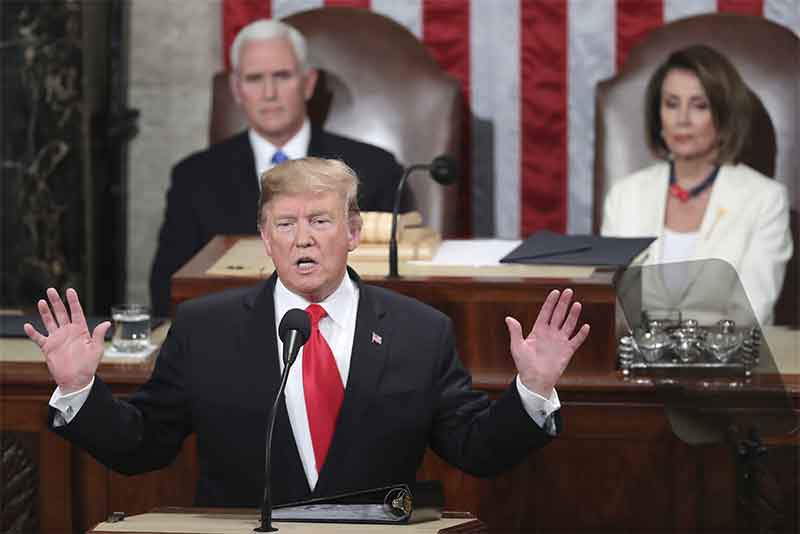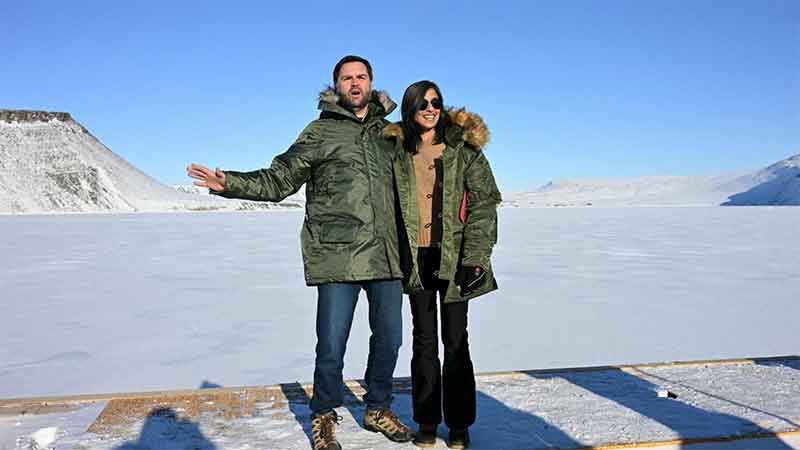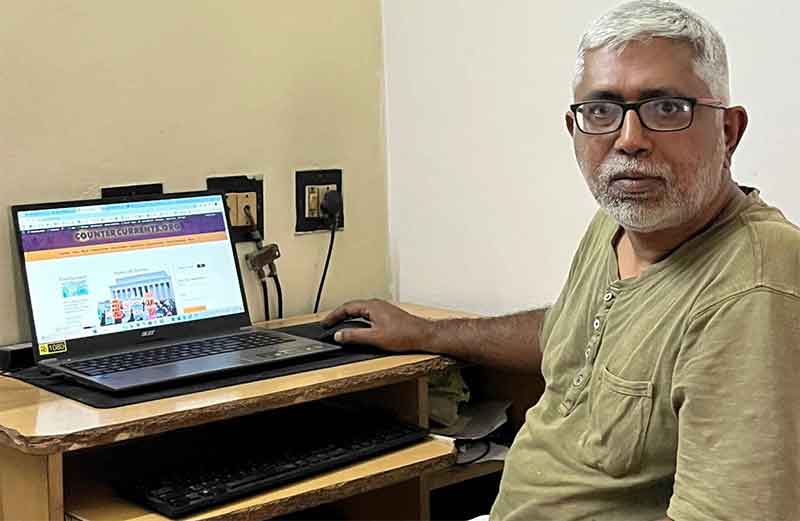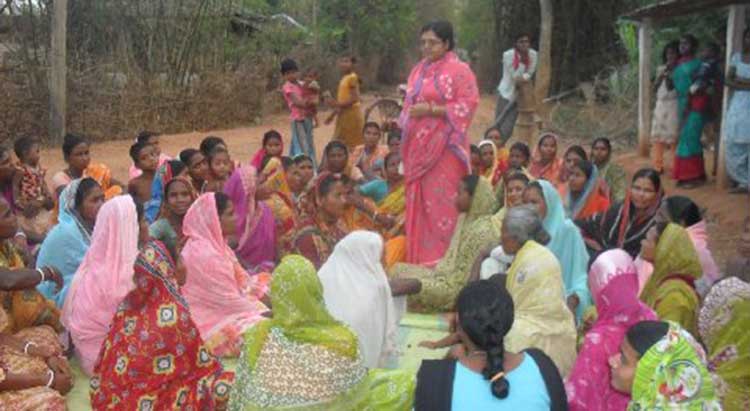
India is often mentioned as a success-story of rural decentralization which, to some extent , it is. All villages and even hamlets ( wards) have their elected members and headperson in place in panchayats, or elected village councils. Women have representation ranging from 33 per cent to 50 per cent. Weaker sections have reservations to ensure their election in reasonable numbers. There are committees for various important issues like education and health. Beyond elected members there is provision for meetings of gram sabha , or assembly of all village adults, so that everyone can have some say and the entire community can assert its presence. There are several encouraging and heart-warming stories of good work done, particularly by women members. The decentralized structure extends from village to block to district.
All this is good. This can work well in villages where there are reasonable levels of equality . However in villages of high inequality this structure is likely to get dominated by the more dominant persons and their corrupt, unjust ways. At the same time the structures of decentralization also offer new opportunities to challenge domination and corruption. Several efforts in this direction, aimed at bringing in more justice, transparency and honesty in village affairs, have attracted much admiration at national and even international level.
However these are internal problems of panchayats. At least some of these have been reduced by reform efforts. Hopefully we will see more of these efforts.
However there is another serious problem which is posed by the strong centralizing tendencies of the system. There are complaints all the time that proper devolution of powers on issues stated in the legislation enacted about 28 years back for strengthening rural decentralization has not really taken place. Sometimes panchayats are seen by the union government and the state governments merely as implementing agencies even on these issues. The priorities and even details of schemes are decided at higher levels mostly, not necessarily on the basis of what is conveyed from lower levels, from bottom to top.
In this way the potential contribution of rural decentralization is reduced and compromised badly. The creativity of the system increases when people can contribute best in terms of their close understanding of local needs, and this understanding as gathered from thousands of villages and communicated to upper levels results in the formulation of the most appropriate policies and priorities.
The more specific local needs and differences of various clusters are also understood in the process and there is thus room for taking care of these different needs in policy and implementation.
On the other hand if policy and priorities are to be decided at the top in arbitrary ways and panchayats are merely asked to implement this then there is little chance of proper priorities or real needs being followed. In this system powerful forces of big business interests can exert influence at the top level to have policy decisions suitable to them as the linkage of the real needs being conveyed to upper levels is neglected.
Hence when panchayats are merely to implement decisions dictated by big business interests then serious problems are bound to emerge, and this is what has often been happening.
To give a recent example which has been discussed very widely, three highly controversial farm laws were hurriedly pushed through in year 2020 which have been very widely and fiercely opposed by farmers but on an issue of such obvious concern to farmers, panchayats and rural decentralization units in general had hardly any involvement in the enactment of the three controversial laws.
This divergence of rhetoric from reality is even more in case of PESA decentralization law meant for tribal communities, which provides for stronger decentralization, but the centralizing pressure for promoting big business interests in areas of high tribal habitation is much higher.
This conflict should be resolved genuinely in favor of rural decentralization ( panchayati raj) if rural decentralization is to make real and effective progress in the near future.
Bharat Dogra is a journalist and author His recent books include Man Over Machine ( Gandhian ideas for out times) and Protecting Earth for Children.
GET COUNTERCURRENTS DAILY NEWSLETTER STRAIGHT TO YOUR INBOX

